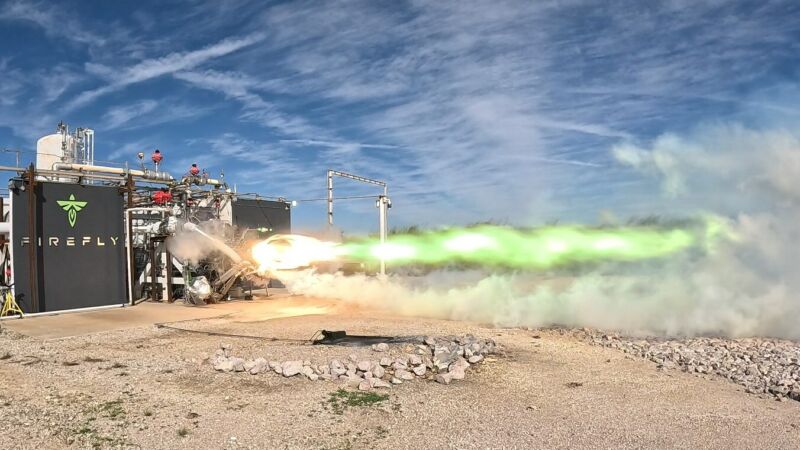
Private investors pumped $12.5 billion into space companies last year, around 30 percent more than the year before, but still shy of the space investment boom of 2021.
This is welcome news for cash-hungry startups in the space sector, but investors are becoming more diligent about where they put their money. This has led to a consolidation frenzy, with space companies merging or acquiring one another. And more investors are choosing not to prop up unsuccessful companies, meaning some firms will be doomed to fail.
The latest figures on global private investment come from Space Capital, a venture capital shop that exclusively invests in the space industry. Space Capital publishes a quarterly report outlining trends across several space industry sectors, including infrastructure, applications, distribution, and emerging markets.
Most space companies with familiar names fall under infrastructure. In this category, companies received $12.5 billion in private investment last year, up from $9.3 billion the year before but still shy of the record of $15.3 billion in 2021. One thing that stands out is most of this money in 2023 didn’t come from billionaire founders at the helm of SpaceX, Blue Origin, or Virgin Galactic. Instead, capital flowed from venture capital firms, private equity, foundations, or sovereign wealth funds.
A few years ago, numerous privately held space companies went public through the Special Purpose Acquisition Company (SPAC) process as a way to access public capital markets. But a crash soon followed the SPAC craze, and the companies that went public through the SPAC process suffered.
Some, like the launch company Astra and the in-space logistics startup Momentus, appear to be on their last legs after initial valuations of more than $1 billion when they went public. Today, only Rocket Lab is close to having a market value even half as high as measured three years ago. This may have quelled investors’ appetites to put money into space companies. Higher interest rates put in place to stave off inflation also put a damper on private investment across all industries.
Forecasting 2024
The prospect of declining interest rates could steer more private capital into the space industry in 2024. There’s also a higher demand than ever for space services, such as broadband communications, with satellites for mega-constellations like SpaceX’s Starlink, Amazon’s Kuiper, and China’s Guowang Internet networks either launching regularly or soon to reach the launch pad.
“While 2023 posed challenges for tech startups generally, areas of the space economy remained resilient,” wrote Chad Anderson, founder and managing partner of Space Capital. “2024 holds even more potential, with ambitious plans for direct-to-cellular SatCom (satellite communications) expansion, AI integration, increased government funding, and a growing appetite for investment.”
The British venture firm Seraphim Space agrees with Anderson’s prediction.
“We foresee this positive trend extending throughout 2024, buoyed by an overall improvement in market conditions,” Seraphim Space’s US subsidiary, Generation Space, wrote in a market outlook for this year. “We predict that 2024 will be another year of record numbers of SpaceTech companies being funded, with both early and growth stage investment activity increasing.”
It could be another year of shake-ups for commercial space companies, with consolidation most likely in the communications and Earth observation sectors, according to Generation Space. In 2023, there were 39 merger and acquisition deals in the space industry, more than in any other year in the last decade. These deals included the merger of Eutelsat and OneWeb, Viasat’s acquisition of Inmarsat, and L3Harris buying out Aerojet Rocketdyne.
“Anticipating robust activity in mergers and acquisitions throughout 2024, we foresee a continuation of strategic moves from incumbents, ‘New Space’ leaders, and private equity players,” Generation Space said.

